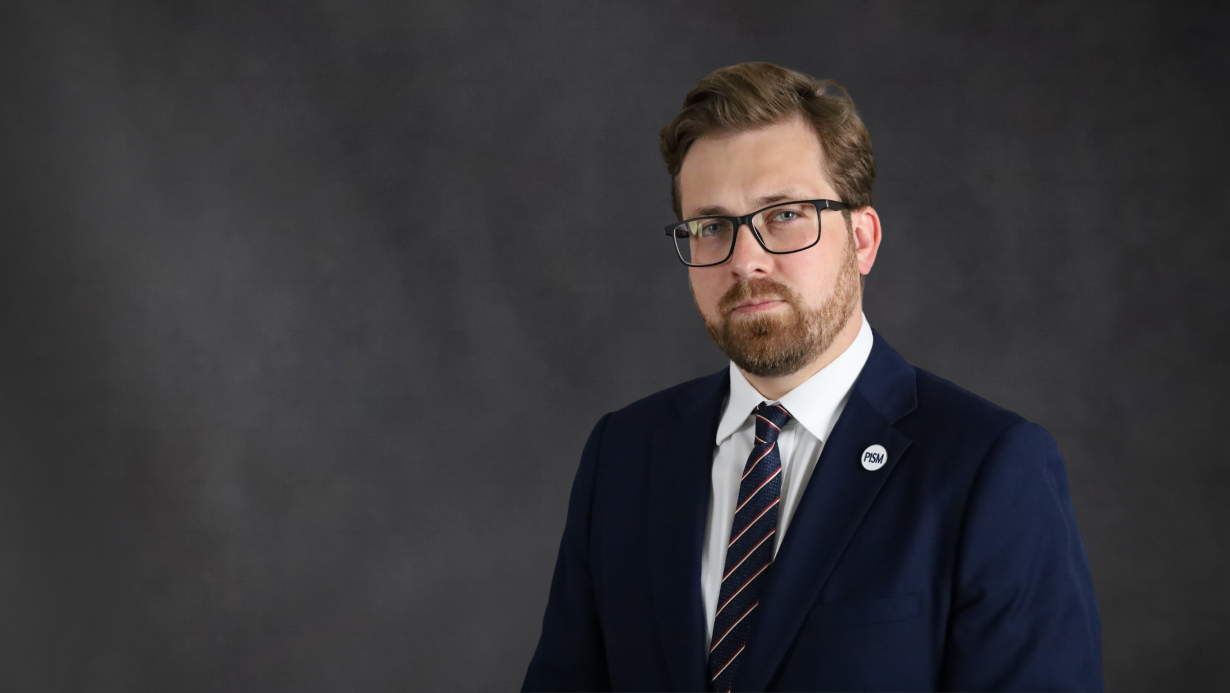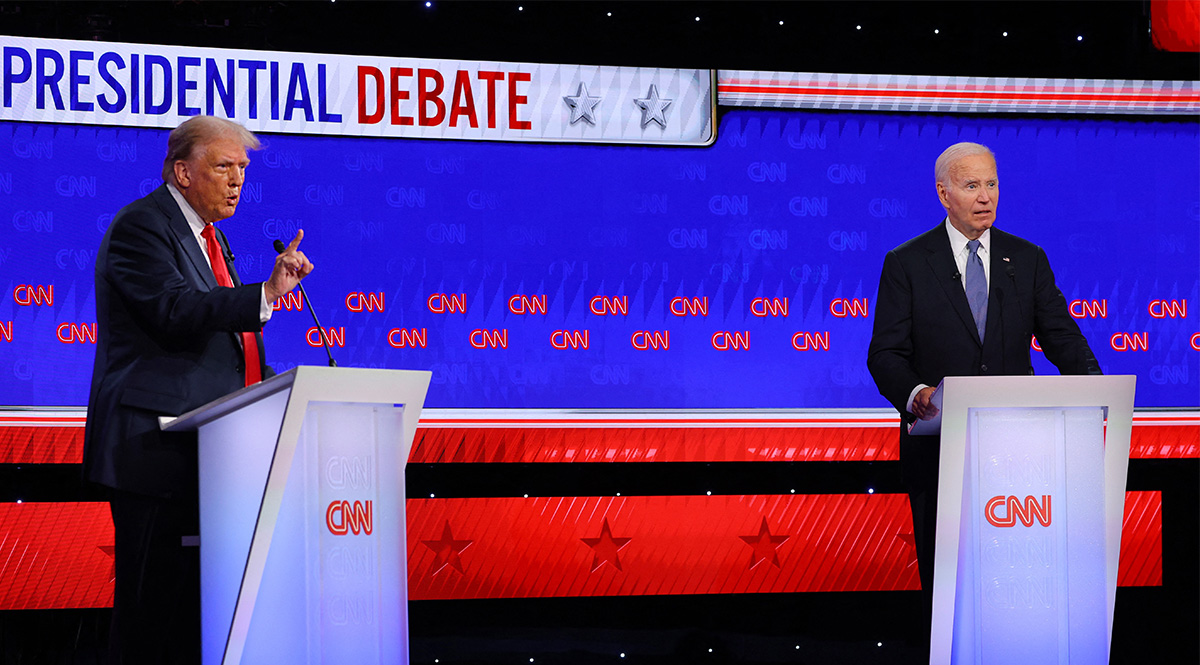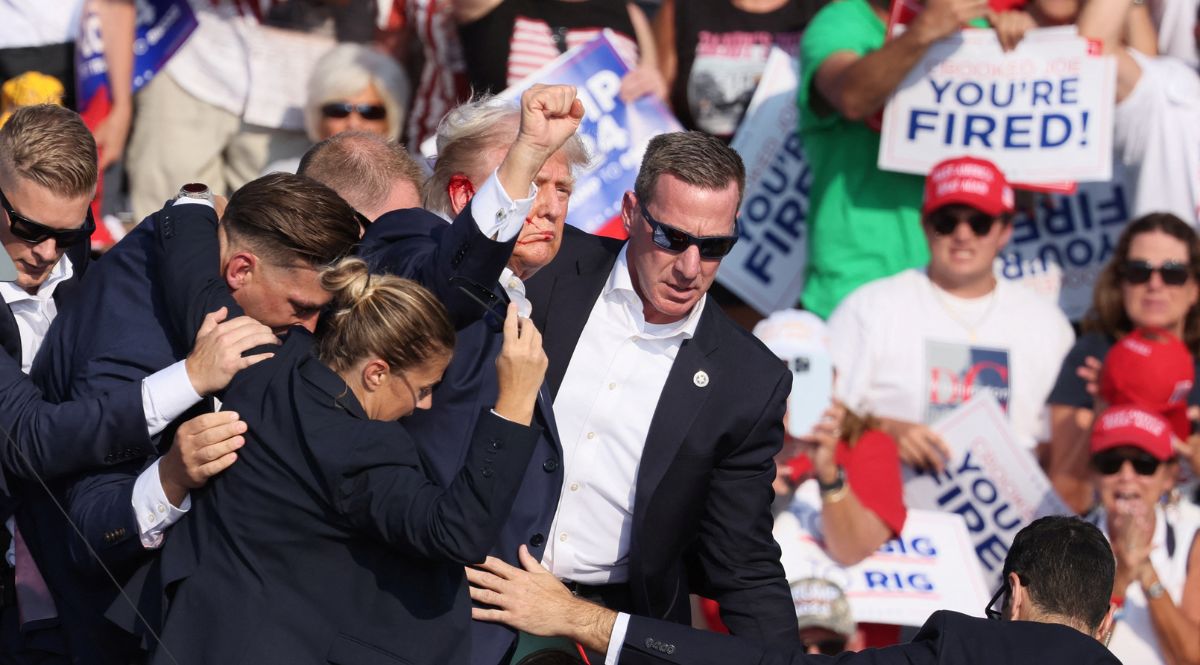Trump Picks J.D. Vance as Running Mate for Vice President
On 15 July, during the Republican Party National Convention, Donald Trump accepted his party’s nomination to run for president of the United States. He chose James David Vance as his vice-presidential candidate. The nomination of Vance is dictated by the desire to secure votes in the Rust Belt, former manufacturing states where Vance is popular, and forecasts more decisive policy of a potential second Trump administration, especially in terms of reversing the reforms of Joe Biden’s presidency.
.png) Elizabeth Frantz / Reuters / Forum
Elizabeth Frantz / Reuters / Forum
Who is J.D. Vance?
Vance is on the ultra-conservative wing of the Republican Party that strongly supports Trump’s policies. Before sitting in the Senate, he publicly criticised Trump and his ideas. In mid-2022, he established contact with the son of the former president, Donald Trump Jr., thus gaining the opportunity to enter the circle of the politician’s closest advisors. Since then, he has become a staunch supporter of the former president.
Vance, who was born in 1984, served in the Marine Corps and participated in the intervention in Iraq (2005) as a military media correspondent. After finishing his service, he studied, among others, at Yale University, where he graduated law school (2013). He gained recognition for his book Hillbilly Elegy, in which he describes the struggles of the inhabitants of the Rust Belt (Michigan, Indiana, Ohio, and Pennsylvania) with poverty and addiction. A film adaptation of the book was released in 2020. Vance worked for Peter Thiel, a conservative activist and donor, co-founder of PayPal and Palantir Tech., who subsidised the candidate’s campaign with $10 million. In 2022, Vance was elected to the U.S. Senate from his home state of Ohio.
What are Vance’s views on U.S. foreign policy?
The candidate's foreign policy experience is limited to his military service. In the Senate, he did not serve on any committee related to such issues. His views on foreign policy are practically identical to those presented by Trump and are also characterised by a transactional approach to allies and a belief in the lack of political and financial benefits for the U.S. from the current policies and those of previous administrations. Vance criticises Biden’s foreign policy, blaming him for failures including in Afghanistan (pointing to “state-building” as a concept fundamentally doomed to failure) and, in his opinion, unnecessary actions by the establishment and bureaucracy of the Department of State and the Department of Defense. He actively opposes U.S. support for Ukraine and believes that the authorities in Kyiv should strive for a peaceful end to war with Russia. He has criticised allies, among others Germany, for failing to fulfil obligations in terms of financing its armed forces at the agreed level of 2% of GDP and wants to impose higher customs duties on goods imported from the EU. According to Vance, China, however, remains an even greater threat to the economic interests and security of the United States, which he argues wants to overtake the U.S. as the dominant power in the global economy.
If Trump is elected in November, Vance likely will have more responsibility for creating foreign policy in the new administration than former Vice President Mike Pence did during Trump’s first term. Pence's mission was to ease tensions with allies, while Vance may support Trump’s isolationist and transactional methods of conducting relations with foreign partners, including NATO countries.
What impact will Vance have on Trump and the Republican Party's domestic policies?
Since joining Trump’s political camp, Vance has become a strong supporter of his ideas on domestic policy. Unlike Pence, Vance's candidacy is not addressed to traditional and moderate Republican voters, but to the electorate identifying with the view of the need to return to traditional American values and a focus on the internal repair of the state. Vance supports trade policies consistent with the “America First” vision, which includes imposing tariffs on imports from China and other countries to promote American manufacturing and create jobs. Vance may benefit from guidance from the experience of conservative thinkers, including the “Project 2025” plan—an extensive concept for the U.S. by Heritage Foundation experts regarding comprehensive reform of the state—and others which assume profound changes in the tax system and the structure of the federal administration, including subordinating more institutions directly to the Office of the President.
Vance’s light political and legislative experience may work to his disadvantage. The role of the vice president in the American system of government is to cooperate frequently and intensively with Congress to shape laws proposed by the president. This lack of experience may reduce Vance’s effectiveness in this area and, if unable to correct it, will weaken his position as a possible candidate for president after the end of Trump’s term. Vance is a strong opponent of abortion, supports securing the U.S.-Mexico border, including the construction of a border wall, and backs the idea of eliminating federal supervision over public education and transferring competences in this area to the parents of children attending public schools.





